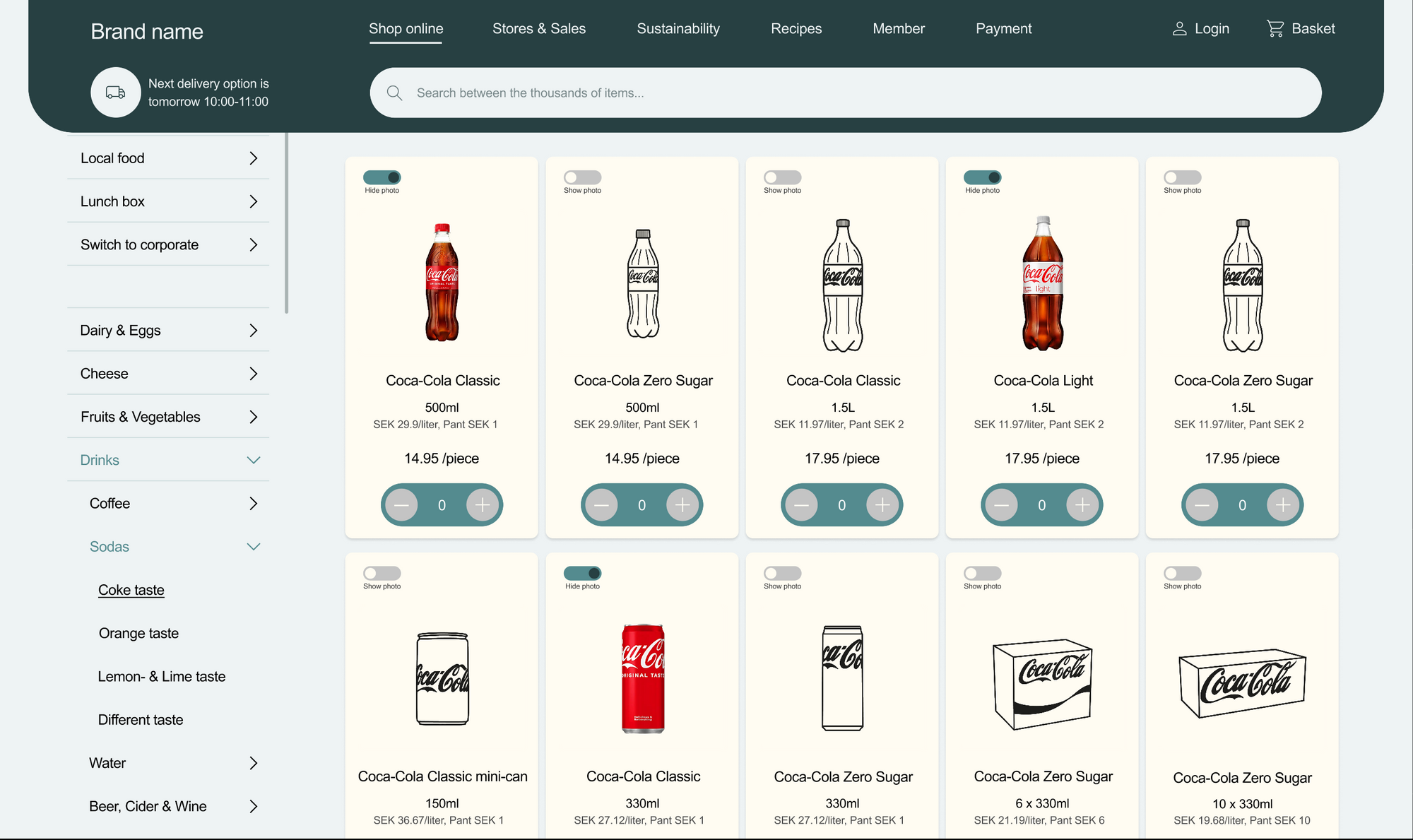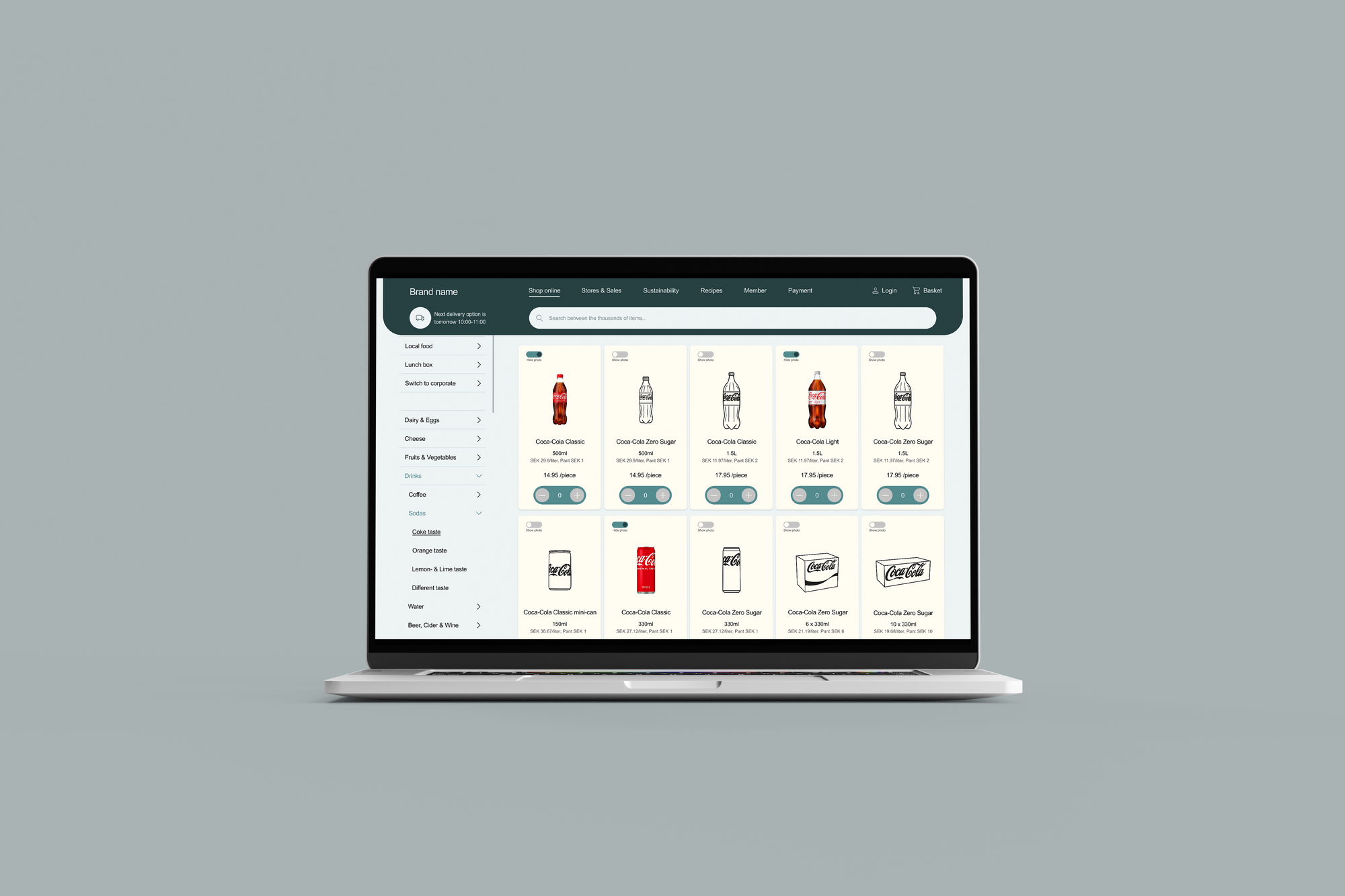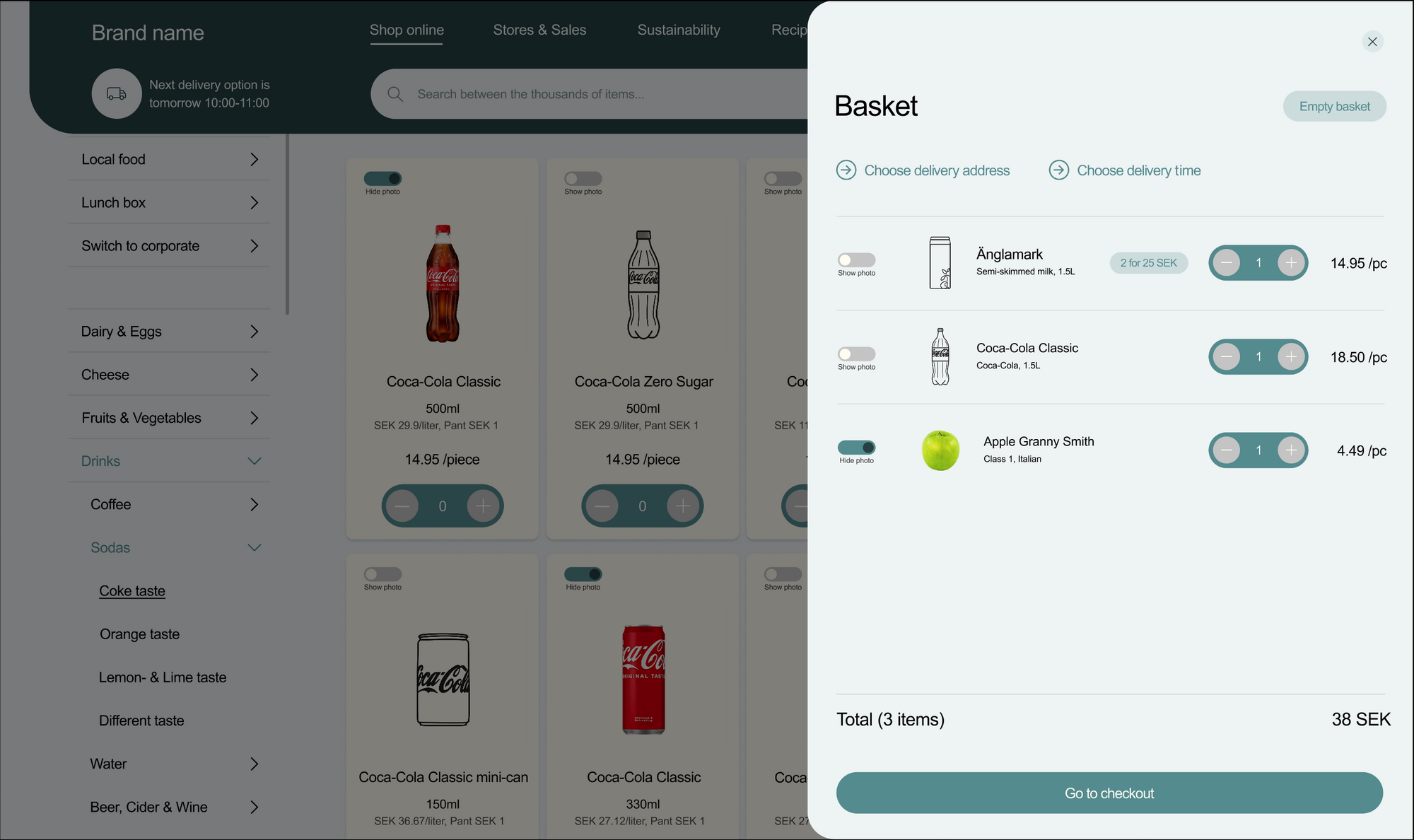The rise of technology and the online world has brought many advantages to our lives, but using them comes at a significant environmental cost. Did you know that if the internet were a country, it would be the sixth most polluting in the world? Students at the Jönköping University in Sweden bring us a more sustainable way to use the web.
As UI and UX design students, Ráhel Balogh and Viktorija Bernataviciute made the bold decision to research the possibilities of sustainable internet use in their thesis, taking into account its future implications. Eco-friendly web design is the practice of building digital platforms and services that focus on reducing the amount of pollution our planet receives. It aims to radically limit web interfaces’ carbon emissions and energy consumption.

In recent years, the web development industries have made many efforts to build the use of the future internet according to the so-called ‘sustainable development’ principle. Moving to sustainable websites would require a change in entrenched user habits and activities, which is the strongest reason why developers have not yet come up with such an interface.

The goal of Ráhel and Viktorija’s study is to evaluate and improve forward-looking guidelines to make sites with a smaller ecological footprint more attractive and easier for users. The context used was food sourcing and purchasing sites, given the continuous exponential growth of e-commerce.

They considered a number of research methods to assess users’ experiences and attitudes during their analysis, which resulted in a prototype of their own design. On their website, they have contributed to implementing an environmentally friendly web by saturating colors, backlighting the screen, speeding up the user search, and replacing images in .png or .jpg file format with vectorized icons to save energy.
Through their study, the young duo proposes a strategy to combine existing sustainable web design guidelines with certain behavioral change theories to create a smoother transition to less energy-consuming websites.

Ráhel Anna Balogh | LinkedIn
Viktorija Bernataviciute | LinkedIn

Ukraine has to be careful – interview with Olga Pindyuk

Muslims are welcome in politics, but political Islam is not










